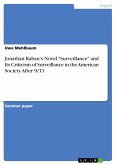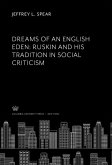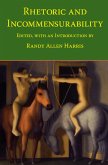Further developing the line of argument put forward in his Literature as Communication (2000) and Mediating Criticism (2001), Roger D. Sell now suggests that when so-called literary texts stand the test of time and appeal to a large and heterogeneous circle of admirers, this is because they are genuinely dialogical in spirit. Their writers, rather than telling other people what to do or think or feel, invite them to compare notes, and about topics which take on different nuances as seen from different points of view. So while such texts obviously reflect the taste and values of their widely various provenances, they also channel a certain respect for the human other to whom they are addressed. So much so, that they win a reciprocal respect from members of their audience. In Sell's new book, this ethical interplay becomes the focus of a post-postmodern critique, which sees literary dialogicality as a possible catalyst to new, non-hegemonic kinds of globalization. The argument is illustrated with major reassessments of Shakespeare, Pope, Wordsworth, Dickens, Churchill, Orwell, and Pinter, and there are also studies of trauma literature for children, and of ethically oriented criticism itself.
Dieser Download kann aus rechtlichen Gründen nur mit Rechnungsadresse in A, B, BG, CY, CZ, D, DK, EW, E, FIN, F, GR, HR, H, IRL, I, LT, L, LR, M, NL, PL, P, R, S, SLO, SK ausgeliefert werden.









